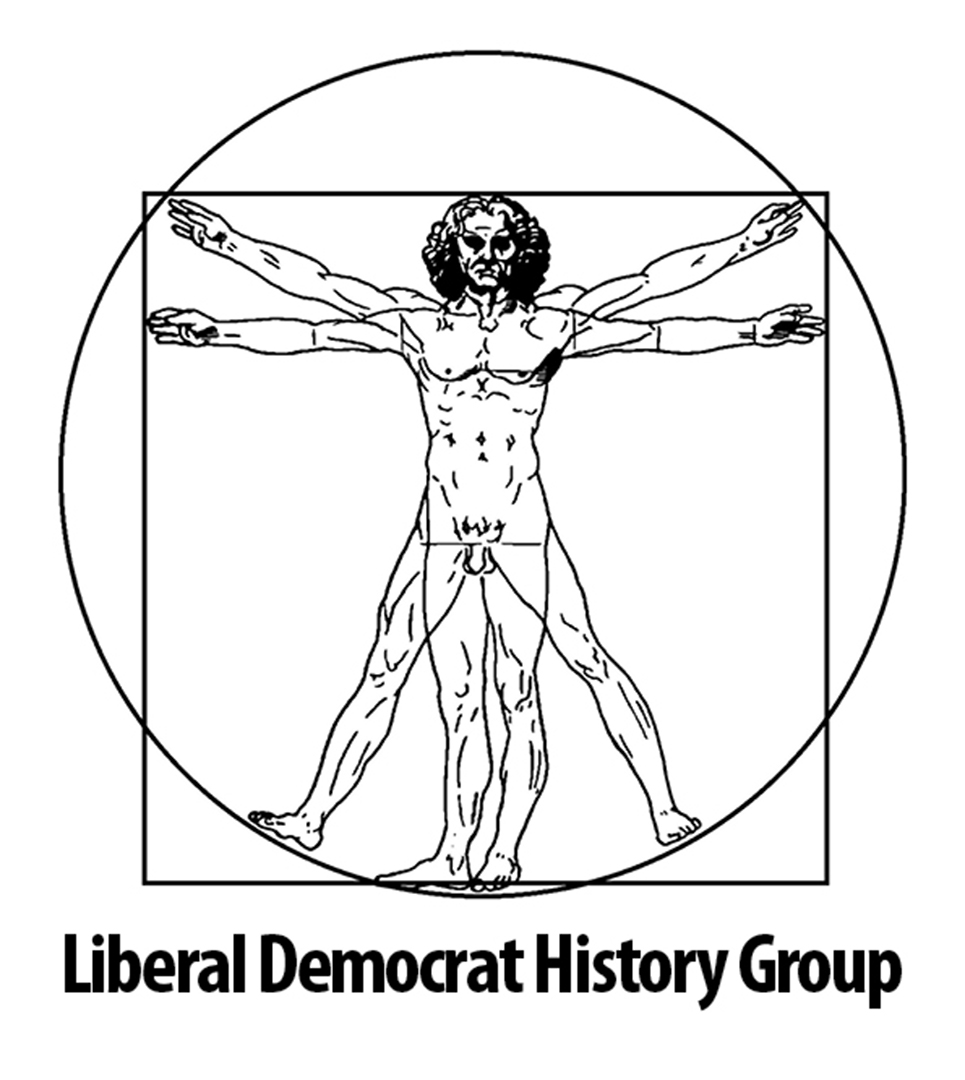Asquith retained a tenuous control over the Party by accepting a peerage, but his recognised rival, Lloyd George was left free to co-ordinate the work of the Liberals in the House of Commons, following his election as Chair of the Parliamentary party.
The Liberals’ dramatic loss stemmed partly from their decision to back the establishment of the first Labour government in January 1924, after the 1923 election contest had failed to give any party an outright working majority. Despite the misgivings of many of his colleagues, Asquith decided that such an experiment could hardly be tried under safer conditions. He concluded that his Party should bide its time, calculating that the inexperienced socialist administration would eventually flounder, thus leaving a rejuvenated Liberal Party ready to step in and save the day. In the meantime, Asquith was confident that the Liberals could use their balance of power in the Commons to steer Labour’s legislative agenda.
Unfortunately, Asquith’s intuition proved entirely misguided and the Liberals encountered open hostility from Ramsay Macdonald’s government, rather than the grateful reverence they had anticipated. The prospect of the Liberals ousting Labour from power, if they failed to co-operate, proved a hollow threat given the state of Liberal finances and the Party’s immediate inability to stage another costly election campaign. The Liberals therefore had little option but to endure Macdonald’s humiliating rebukes and his refusal to consult with them on matters of policy. Worse still, Labour had declared an open war on sitting Liberal MPs, within the constituencies, leading to a series of disastrous by-election results for the Party.
Despite having no influence over the government’s agenda, Liberal MPs felt compelled to support many of the measures put forward by the Labour administration, finding themselves largely in agreement with proposals covering areas such as housing and unemployment. Yet if they supported the government’s programme, the Liberals would confirm that they had become redundant as an independent force within the political system, thus destroying any future chance of electoral success. The harmony that had temporarily unified the Liberals during the previous election was rapidly undermined as the Party squabbled in reaction to Labour’s animosity and began voicing their differences within opposing division lobbies. In July, Lloyd George concluded that enough was enough, after Labour rejected any prospect of electoral reform, but Asquith still refused to risk the threat of dissolution in order to bring Macdonald into line and relations between the two men became strained, once again.
Labour were finally brought down in October, following the government’s decision to drop the case against a leading Communist, who had been accused of inciting mutiny amongst British troops. The Liberals now faced a costly campaign and a severe lack of funds meant that they were able to contest just 346 seats, thus confirming their position as a third party who had no realistic prospect of forming a government. Lloyd George finally agreed to provide £50,000 just days before the campaign began, but it fell far short of the necessary £130,000 requested by Liberal headquarters.
Many of his enemies claimed that Lloyd George’s actions were responsible for the Party’s hapless defeat, but the Liberals faced more problems in 1924 than a mere lack of resources. The Party failed to produce an original programme and instead produced a manifesto that directly attacked Labour for its handling of the Campbell case and its decision to offer a guaranteed loan to the Bolshevik regime in Russia. This laid the Liberals open to accusations of opportunism given their all-out campaign against the Conservatives at the previous election. It was also difficult for the Liberals to condemn Labour’s policy towards Communism, given that it was they who had given the socialist government a hand into office in the first place. In addition, the Liberals themselves were in favour of re-opening diplomatic relations with Russia. As a result it was the Conservatives, rather than the Liberals who benefited from the anti-socialist feeling generated by the press publication of the Zinoviev letter on 16 October, which detailed supposed Russian plans to try and instigate a Communist uprising within Britain.
Having abandoned calls for protection, the Conservatives were able to secure a massive landslide victory, securing a total of 415 seats, as opposed to the 152 won by Labour and the mere 40 taken by the Liberals. More significantly, Labour had definitively replaced the Liberals as the undisputed second party within British politics, even despite the wave of anti-Communist hysteria surrounding the election. In seats where the Liberals fought the Conservatives and Labour in both 1923 and 1924, their share of the vote slumped from 34.7% to 24.0 %. Indeed, many of the gains made by the Liberals occurred due to the absence of a Labour candidate.
The 1924 election thus marked the culmination of Liberal decline during the period following the First World War and indisputably confirmed their demotion to the role of a third party. The election result was also important because it removed Asquith from the Commons and therefore restricted his ability to effectively lead his parliamentary colleagues. The additional defeat of key Asquith supporters such as Macnamara and W M R Pringle meant that any real remnants of the pre-war Liberal Party had effectively been removed, leaving Lloyd George free to exercise further influence over the Party machine.

